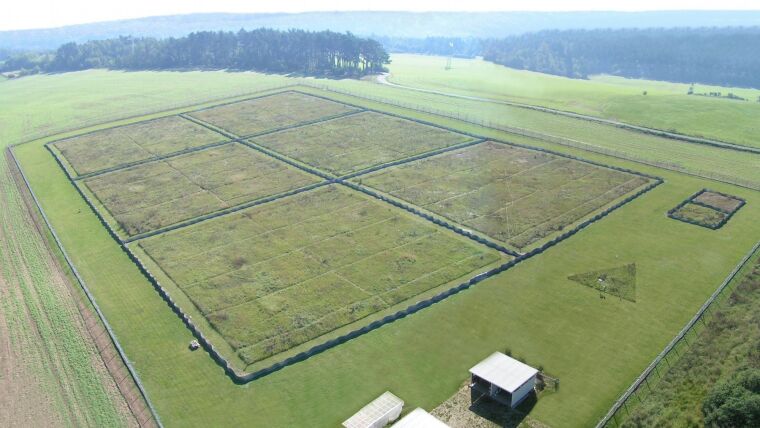
For our studies on behavioural ecology, evolutionary ecology, population dynamics and landscape ecology we use small mammals, and voles in particular. Main topics are the spatio-temporal organisation of populations and chrono-ecology, i.e. the evolutionary establishment and ecological relevance of diel activity patterns for predator/prey interactions, for interspecific competition (temporal niche concept), and for the intraspecific social organisation of populations. Projects primarily aim at aspects of basic ecological research, for which experimental field studies on the population level are combined with computer modelling (individual based modelling, game theory models) and advanced statistical approaches (neutral models, re-sampling procedures).
We have close cooperations with research groups in Fenno-Scandia (e.g. Jyväskylä/Finland, Umeå/Sweden, Oslo/Norway), where we also conduct some experimental work both in the field and in large-size enclosures. This work is focussed on predator/prey interactions (particularly to chemical communication and the so-called breeding suppression hypothesis) as well as on the establishing success of dispersers. These topics are related to the 3-5 year population cycles of lemmings and voles, and to the effect of habitat structure on behaviour.
In addition our group also deals with applied questions. We conducted the mammalian scientific survey accompanying the removal of the motorway A4 in Leutratal to document changes in movement patterns of small and medium-sized mammals after the disappearance of a major barrier structure. Further studies with applied background are concerned with bats, nutria, and beaver as well as with wild cat, lynx, and wolf. Also several projects on wildlife biology and game management are accomplished.
Employed methods are life-trapping with individual marking (CMR, PIT marking), radio-tracking (probe antenna method), and automatic activity recording in the field (passage counters). Since summer 2000 the experimental studies are mainly conducted at the Remderoda field station close to Jena, where six large-sized enclosures (50 x 50 m), working space, and accommodation for field work are available. The focus of the work at this facility is the manipulation of habitat and population structure to study the effect on behaviour and population dynamics of the common vole (Microtus arvalis), which serves as a model organism (EMS studies).
